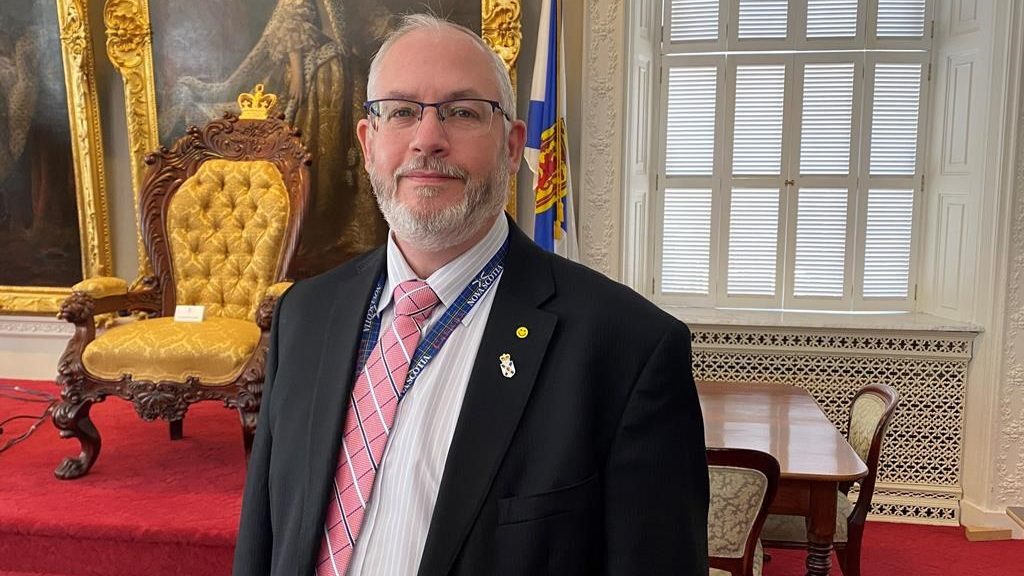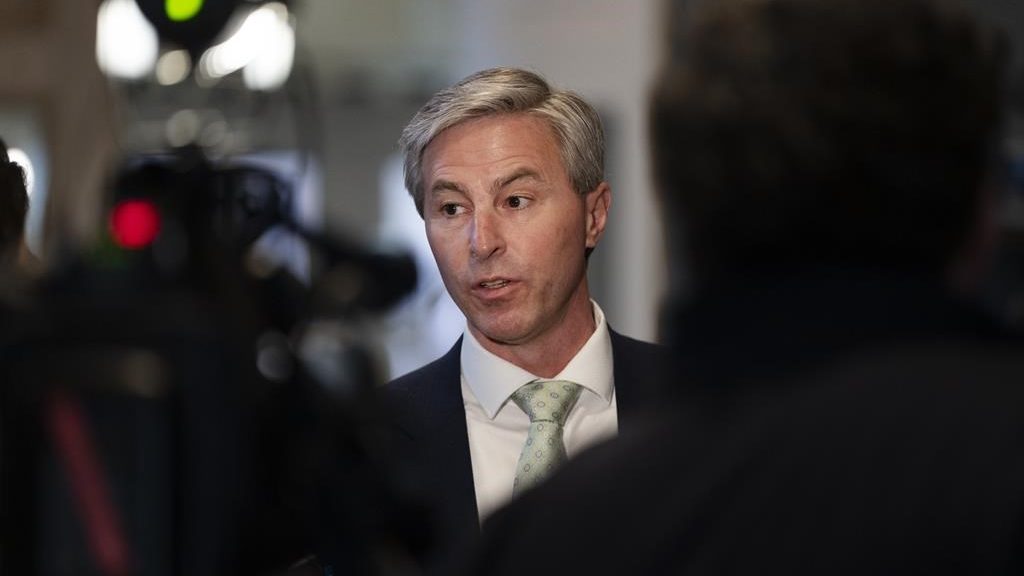Over 2,000 municipal politicians and staffers expected in Halifax this week
Posted May 27, 2018 10:10:00 AM.
This article is more than 5 years old.
Pot-use legalization, climate change and emergency management are parts of a smorgasbord of upcoming meetings in Halifax dealing with key issues affecting this country’s municipalities.
City hall is hosting the annual Federation of Canadian Municipalities conference and trade show, an event that attracts more than 2,000 local government politicians and staffers, and private-sector and government exhibitors.
The conference runs May 31 to June 3.
Aside from considering the usual topics of discussion, such as economic development, infrastructure and citizen engagement, this year’s FCM convention is to include a seminar on “cannabis-legalization tools for municipalities,” according to a preliminary agenda.
Last month, the federation released an information-only guide for local governments to help them digest Ottawa’s plan to legalize and regulate marijuana.
The Trudeau Liberals intend to legalize it this year.
In Nova Scotia, customers can buy cannabis for recreational use in selected provincial liquor stores, and online, once it becomes legal.
Federation president Jenny Gerbasi said municipal officials are venturing into unknown territory. Though concerns vary, she said, local leaders must determine how legalization might impact their cities, towns or villages.
“There’s different models in different provinces, and (those) models are still sort of being rolled out,” she told HalifaxToday.ca. “In some cases, there can be as many as 17 municipal departments that need to figure out what to do in relation to the legalization.”
Gerbasi added it’s going to take “an effort from all levels of government to kind of make this work. It’s happening.”
Statistics Canada in late April released assumptive data suggesting Nova Scotians had the highest per capita usage of cannabis products in Canada in 2017, at 27.1 grams per person. (The government agency said its findings are experimental and taken from incomplete surveys, given the difficulty tracking the illegal part of the marijuana market.)
Regarding climate change, Gerbasi said the FCM’s members have a major role to play, since local governments are responsible for public transit, trash management and other related matters.
“Canada can’t reach its climate-change targets and goals . . . without the municipal sector doing their innovative work and having the support for that,” she said in a phone interview on May 4. “We’ve been advocating for significant (financial) support for local projects.”
Gerbasi, is a Winnipeg council member and that city’s deputy mayor. Her term as the federation’s president ends at the conclusion of the group’s meetings in Halifax.
Asked about emergency measures, Gerbasi said apart from more common public-safety episodes, such as natural disasters, officials get ready for incidents like the fatal van attack in Toronto on April 23.
“We hear about those kind of things around the world, and here in Canada, and you have to try to be as prepared as you possibly can be,” she said. “And that’s certainly what we’re trying to do.”
A workshop scheduled for the federation’s conference is to cover collaboration between municipalities and Indigenous peoples. It follows a national Aboriginal/local government partnership forum that took place in February.
“It’s been an increasing priority for our members of the FCM,” said Gerbasi, of better collaboration. “We’ve been taking many actions on this front.”
Reconciliation with Indigenous communities played out in Halifax last winter, when the municipality removed the statue of Edward Cornwallis, the city’s colonial
founder, from a south-end park following years of public debate.
The federation’s board of directors for 2017-18 includes Coun. Bill Karsten (Dartmouth South-Eastern Passage), who’s been the organization’s first vice-president. He’s also a member of Halifax council’s FCM conference advisory committee.
In an email earlier this month, Karsten said the federation has successfully persuaded Ottawa to pay close attention to municipalities. “Local priorities are front-and-centre on the national agenda like never before,” he said.
Karsten said “we also see the growing municipal impact play out in the National Housing Strategy, which the federal government introduced late last year.”
On May 2, Ottawa announced the launch of a $13.2-billion fund to address affordable housing needs in Canada. The account is to provide loans and grants over
the next 10 years, and the feds will require other funding partners to chip in for residential projects.
Gerbasi acknowledged there’s “an affordable housing crisis across the country,” saying the issue hits rural and remote places, as well as large municipalities.
“There are social-housing units in smaller communities that need repair, desperately,” she said.
Halifax lasted hosted the federation’s conference in 2011.
Michael Lightstone is a freelance reporter living in Dartmouth










